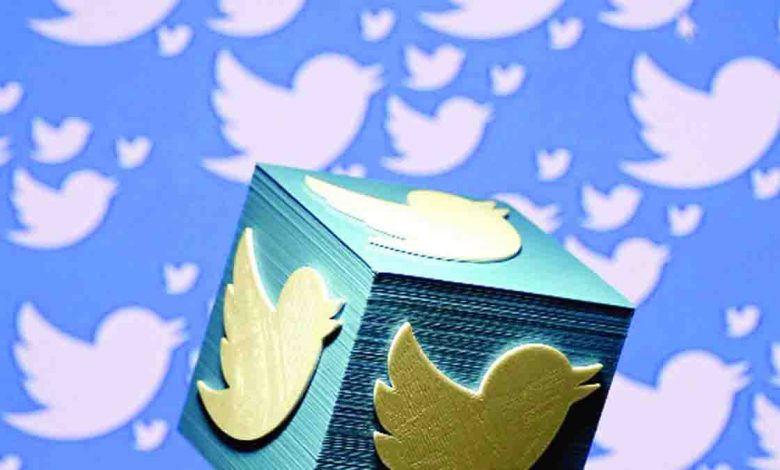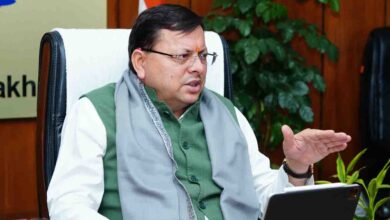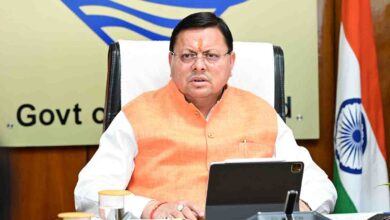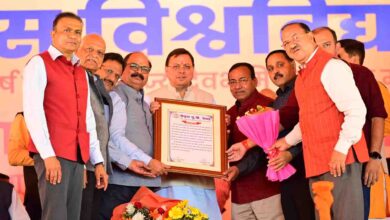Twitter defies IT rules, loses legal protection

Thursday, 17 June 2021 | PNS | New Delhi
The Government on Wednesday asserted that microblogging platform Twitter has lost its legal protection in India because it deliberately chose non-compliance despite multiple opportunities to it. Losing legal protection means Twitter’s top executives, including the nation’s managing director, face police questioning and criminal liability under the Indian Penal Code over “unlawful and inflammatory” content posted by users on Twitter.
Accusing Twitter of deliberately refusing to comply with Indian laws, in identical posts on Twitter as well as its Indian rival Koo, Union IT Minister Ravi Shankar Prasad said Twitter was given “multiple opportunities to comply” but it deliberately chose non-compliance.
In a related development, the Ghaziabad police have booked Twitter Inc, its India unit and seven others in connection with a viral video of an attack on an elderly person and issued notices to them. This is the first case that holds the social media giant responsible for third-party content.
Twitter has lost its intermediary immunity (legal protection) in India after it failed to appoint statutory officers on the company’s role, in accordance with the new Information Technology (IT) rules.
This means Twitter’s top executives, including the nation’s managing director, face police questioning and criminal liability under the Indian Penal Code over “unlawful and inflammatory” content posted by Twitter users on its platform.
In a series of tweets, Prasad said there are numerous queries arising as to whether Twitter is entitled to safe harbour provision. “However, the simple fact of the matter is that Twitter has failed to comply with the Intermediary Guidelines that came into effect from the 26th of May,” he said.
Prasad further adds that Twitter was given multiple opportunities to comply with the new IT rules, however it has “deliberately chosen the path of non-compliance”.
“Twitter fails to address the grievances of users by refusing to set up process as mandated by the law of the land. Additionally, it chooses a policy of flagging manipulates media, only when it suits its likes and dislikes,” Prasad tweeted.
Twitter has flagged posts by several ruling Bharatiya Janata Party leaders that accused the Congress of defaming Prime Minister Narendra Modi.
The Government sources on Wednesday confirmed that Twitter has already lost its status as “intermediary” for failing to comply with the new IT guidelines. Now, Twitter will not be considered as a platform hosting something that somebody has tweeted, but it will be editorially responsible for the posts. If there is any charge against Twitter, then it will be liable for any punishment under any law, including the IPC. If Twitter decides to comply with the IT rules, it may again come under the legal cover of a third party.
Prasad called it astounding that Twitter, “which portrays itself as the flag bearer of free speech”, has chosen the path of “deliberate defiance when it comes to the Intermediary Guidelines.” He hit out at the company for “arbitrarily” deciding which posts to mark as “manipulated media”.
Prasad defended the new guidelines and said they were brought to counter the menace of fake news. “The culture of India varies like its large geography. In certain scenarios, with the amplification of social media, even a small spark can cause a fire, especially with the menace of fake news. This was one of the objectives of bringing the Intermediary Guidelines,” he said.
The Internet Freedom Foundation (IFF), a group of digital experts, has cast doubt on the “intermediary” tag itself. Responding to the reports that Twitter has lost its legal protection in India, the IFF said the “intermediary status” is not a registration that is granted by the Government, but “is actually a technical qualification as per criteria under the Section 2(1)(ua)(w) of the IT Act”.
“As per Section 79, intermediaries are immune from liability/penalty if they comply with legal takedown requests of user posts from courts & public authorities,” it adds. “When companies like Twitter are prosecuted, they will seek protection before courts, which will decide if it is an intermediary, not the government. The IT Act and Rules do not contain the power for any registration, grant or revocation process or notification of an intermediary status,” IFF said.
Prasad said what happened in Uttar Pradesh was “illustrative of Twitter’s arbitrariness” in fighting fake news. “While Twitter has been over enthusiastic about its fact checking mechanism, its failure to act in multiple cases like UP (Uttar Pradesh) is perplexing as well as points towards its inconsistency in fighting misinformation,” Prasad said. “If any foreign entity believes that they can portray itself as the flag bearer of free speech in India to excuse itself from complying with the law of the land, such attempts are misplaced.” The rule of law is the bedrock of Indian society and India’s commitment to the constitutional guarantee of freedom of speech was yet again reaffirmed at the G7 summit, he said.






